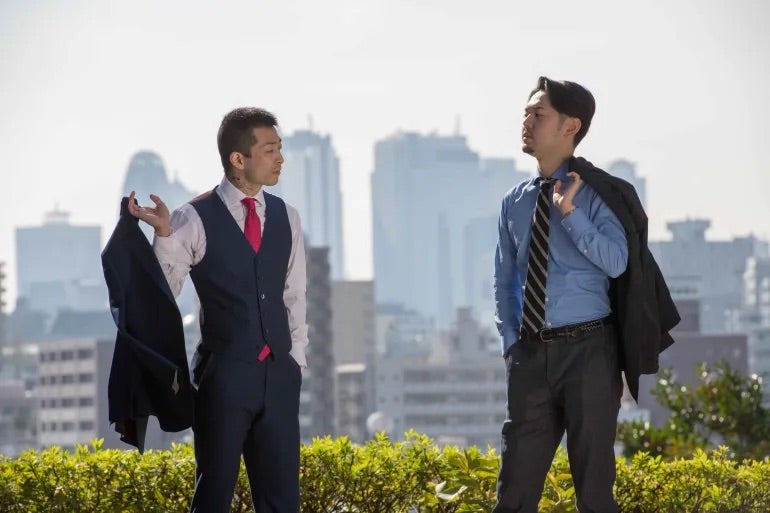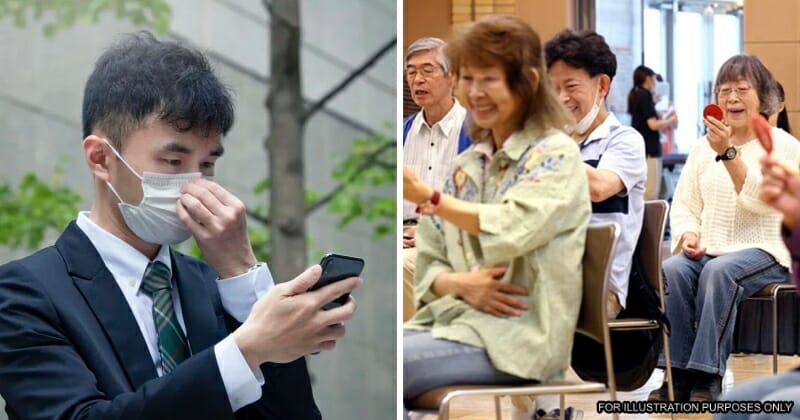Japan is notorious for its stressful work culture that makes it quite impossible to have a work-life balance.
In fact, the work culture there in most companies there is so demanding that employees feel immense pressure to even tender their resignations when they found opportunities elsewhere or simply just want to quit.

Well, that’s where agencies in a niche industry of resignation out-sourcing in the country come in.
One of the pioneers of this industry is Toshiyuki Niino, who set up a company called Exit in 2017 that would help employees resign from their jobs without the need to confront their superiors.

Toshiyuki niino (right) and yuichiro okazaki
As reported by Al-Jazeera, Niino had the idea to set up the company with his friend Yuichiro Okazaki after he found himself struggling to confront his boss when he wanted to resign.
He added that after working at several Japanese companies, he knew that tendering resignation would face resistance from superiors, as they would try to guilt trip you into staying.

Niino asserted,
“When you try to quit, they give you a guilt trip… They try to make you ashamed and guilty that you quit your job in less than 3 years and I had a very difficult time.”
Through Exit, disgruntled employees can pay a fee of JPY20,000 or approximately RM601 so that the agency would handle the process of resigning.

Specifically, Exit would contact the client’s employer to inform them of their decision to quit, hence they don’t have to be involved in any form of confrontation with the boss.
Since Exit’s launch in 2017, about 24 other companies have adopted the same business model in Japan, meaning that they are significant demand for such a service.

For illustration purposes only
In fact, Niino revealed that he receives about 10,000 inquiries each year, though not all of them ended up using the service. Most of Exit’s clients are men in their 20s.
So, what do you guys think of this rather unique business model? Would you pay an agency to help you quit your job so as to avoid confronting your superior?
Share your thoughts with us in the comments!
Also read: People in Japan are Taking “Smiling Lessons” as They’ve Grown Too Accustomed to Wearing Face Masks








































